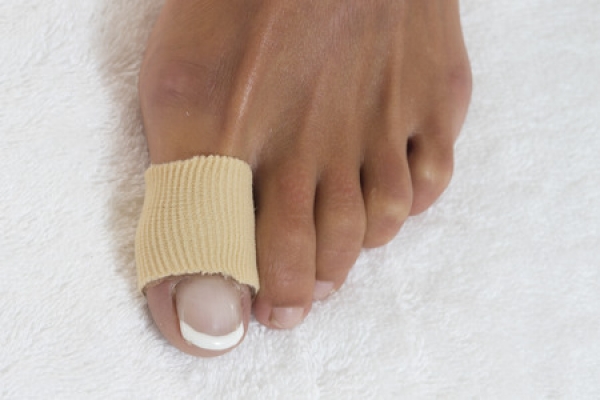It’s hard to believe how much pain such a tiny part of your body—a toenail—can cause, but if you have one that’s ingrown, you know what we’re talking about. The too-tender-to-touch, swollen, red, hot area surrounding your toe can make it difficult to wear shoes or even walk until it’s treated. At Superior Foot & Ankle Care Center we would like to offer the following tips for treating and preventing ingrown toenails:
Don’t: clip your toenails super short or file them with rounded edges—this encourages the nails to grow inward.
Don’t: wear shoes that are too small or narrow in the toe box. Ditto for socks and tights. Any type of footwear that forces the toes up against each other will increase the chances of ingrown nails.
Do: monitor a nail carefully if you’ve had an injury such as a heavy object fall on it, a bad stubbing or if you have another nail condition such as a fungal infection. In these cases, it is not uncommon for an ingrown nail to form.
Do: check your nails frequently if you are a runner, play soccer or participate in another activity where your toe is repeatedly being pounded up against the front of your shoe. This can cause a nail to become ingrown.
Do: soak your foot in warm water and Epsom salts if you notice a nail is ingrown. This may soften the skin enough so that you can gently massage the corner of the nail out of the skin. It may also bring pain relief.
Do: contact our Long Beach office for an appointment if soaking does not work. Our podiatrists, Dr. Victoria Foley or Dr. Constance Omelas will examine the nail and, if necessary, can perform a minor surgical procedure that will remove part of the nail border. Nails that are chronically ingrown may require the nail root to be removed.
Do: call us immediately at (562) 420-9800 if you notice signs of infection: pus, red streaks, fever.
Don’t: try any “bathroom surgery” or folk remedies to treat or prevent ingrown nails. Techniques like putting cotton under the nail, cutting a notch in a nail or repeatedly trimming nail borders as a new nail grows not only don’t work they can result in injury or infection.

